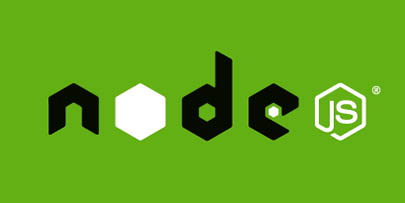How To Install NVM on Debian 11

In this tutorial, we will show you how to install NVM on Debian 11. For those of you who didn’t know, Node Version Manager (NVM) is an indispensable tool for developers working with Node.js. It allows you to easily install, manage, and switch between multiple versions of Node.js on your system. This flexibility is particularly useful when working on projects that require different Node.js versions or when testing your applications against various releases.
This article assumes you have at least basic knowledge of Linux, know how to use the shell, and most importantly, you host your site on your own VPS. The installation is quite simple and assumes you are running in the root account, if not you may need to add ‘sudo‘ to the commands to get root privileges. I will show you the step-by-step installation of NVM (Node Version Manager) on a Debian 11 (Bullseye).
Prerequisites
- A server running one of the following operating systems: Debian 11 (Bullseye).
- It’s recommended that you use a fresh OS install to prevent any potential issues.
- SSH access to the server (or just open Terminal if you’re on a desktop).
- Basic familiarity with the Linux command line.
- A
non-root sudo useror access to theroot user. We recommend acting as anon-root sudo user, however, as you can harm your system if you’re not careful when acting as the root.
Install NVM on Debian 11 Bullseye
Step 1. Keeping your system updated is a critical step in maintaining the security and stability of your Debian installation. Begin by refreshing your package lists with the following command:
sudo apt update sudo apt upgrade
Step 2. Installing Required Packages.
NVM requires a few packages to be installed on your system to function correctly. These include curl, which is used to download files from the internet, build-essential, which includes a collection of tools for compiling and building software, and gnupg2, which is used for encryption and signing purposes:
sudo apt install build-essential curl gnupg2
Step 2. Installing NVM on Debian 11.
To install NVM, you’ll need to download and execute the installation script from the official NVM GitHub repository. Run the following command to do so:
curl -o- https://raw.githubusercontent.com/nvm-sh/nvm/master/install.sh | bash
After the script completes, you’ll need to enable NVM by sourcing your profile file:
source ~/.bashrc
Alternatively, simply log out and log in again and confirm the version of NVM installed:
nvm --version
Step 3. Installing Node.js with NVM.
To install the latest version of Node.js, run the following command below:
nvm install node
If you want to install the latest LTS (Long Term Service ) version, run the command:
nvm install node --lts
You can also specify a specific version of NodeJS by specifying the version number. For example:
nvm install 12.19.0
Step 4. Use NVM to Manage Node.js.
To list all the versions of Node.JS installed, run:
nvm ls
To set your default Node.js version to 12.17.0, run the following command:
nvm use 12.19.0
To verify the default version already set in your account, run:
nvm run default --version
You can run a Node script with the desired version of node.js using the below command:
nvm exec 12.19.0 server.js
Congratulations! You have successfully installed NVM. Thanks for using this tutorial for installing the latest version of NVM (Node Version Manager)on Debian 11 Bullseye. For additional help or useful information, we recommend you check the official NVM website.